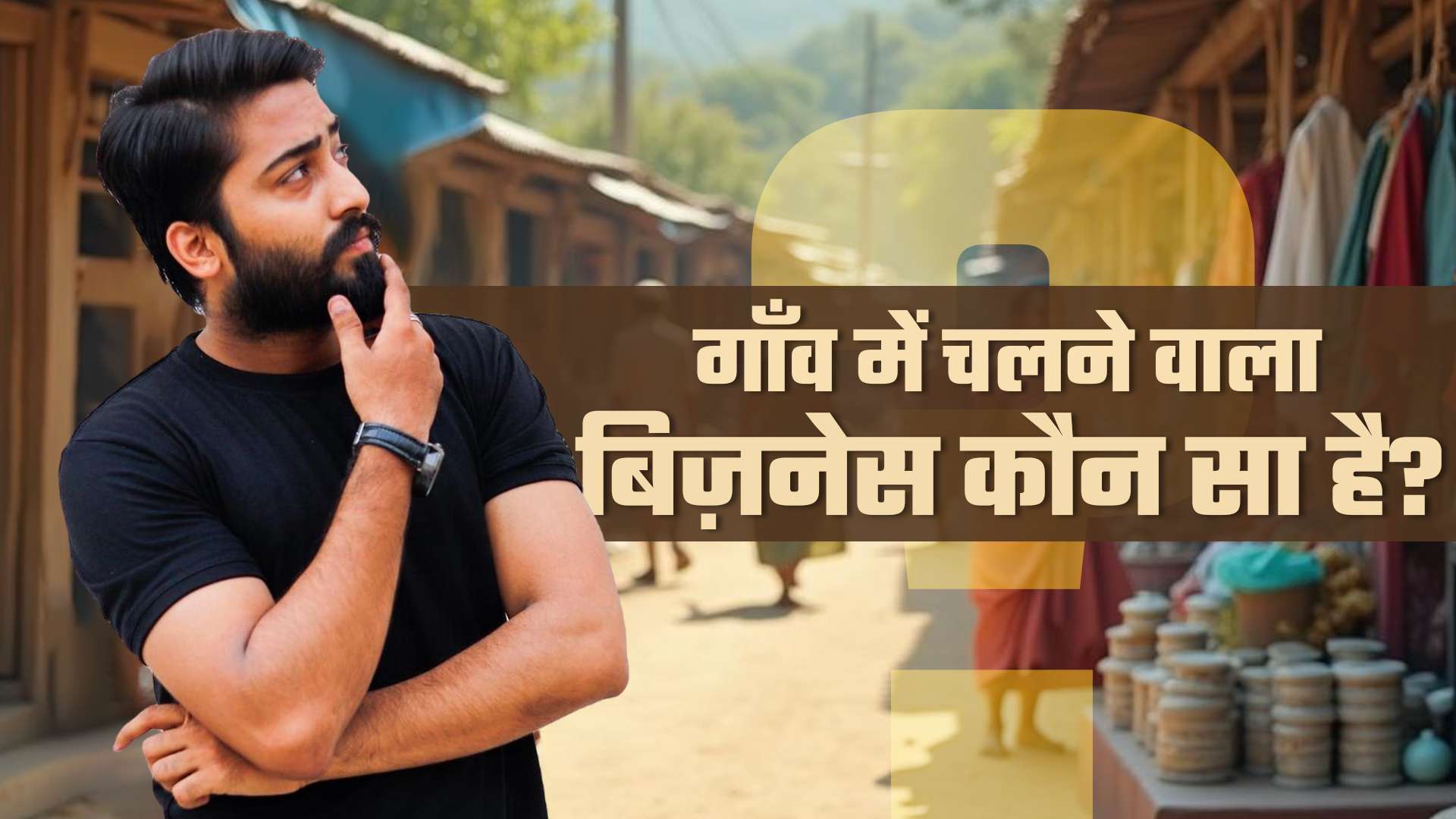What Are The Best Wholesale Products To Sell?

Share Blog:
A whole product refers to the complete solution a customer receives to satisfy their needs or solve a problem. It encompasses not just the core product but also additional features, services, and support that enhance the product's value and usability
Components of a Whole Product:
-
Core Product: The basic item or service you are offering (e.g., a smartphone).
-
Expected Product: Features or attributes the customer expects (e.g., a durable smartphone with a good camera).
-
Augmented Product: Additional services or features that differentiate the product (e.g., warranty, free updates, or accessories).
-
Potential Product: Future enhancements that can be added to provide greater value (e.g., software upgrades or integration with other devices).
Key Considerations for Product Selection:
-
Stay Updated on Trends: Tools like Google Trends and e-commerce platforms can help track popular products.
-
Understand Market Needs: Select items that fulfill ongoing demand in your region.
-
Focus on Profits: Prioritize products with a profit margin of 30-50% or more.
-
Simplify Logistics: Lightweight and durable items reduce shipping hassles.
-
Specialize in a Niche: Selling unique products can help you stand out in competitive markets.
In India, the most lucrative wholesale products to sell include:
Clothing and Fashion:
Traditional Wear: Sarees, lehengas, kurtis for festivals and weddings.
-
Kids’ Clothing: Affordable, quality wear for children.
-
Fitness Apparel: Yoga clothes and gym wear.
-
Casual Wear: T-shirts, denim, and Western outfits for young shoppers.
-
Mobile Add-Ons: Phone cases, chargers, and earphones.
-
Affordable Smart Devices: Smartwatches and fitness trackers.
-
Compact Appliances: Air fryers, blenders, and portable fans.

Beauty and Personal Care:
Herbal Products: Natural creams and oils.-
Mass-Market Haircare: Shampoos and moisturizers.
-
Budget Makeup: Eyeliners, lipsticks, and powders.
Food and Beverages:
-
Spices: Turmeric, cumin, and garam masala.
-
Healthy Snacks: Millet snacks and traditional namkeens.
-
Organic Food: Cold-pressed oils, grains, and honey.
-
Learning Toys: STEM kits and puzzles.
-
Baby Essentials: Diapers, feeding bottles, and creams.
-
Outdoor Toys: Bicycles and inflatable pools.
Cooking Tools: Non-stick cookware, knives, and appliances.
-
Storage Solutions: Containers and racks.
-
Decorative Items: Wall hangings, artificial plants, and lamps.
Workout Gear: Yoga mats, dumbbells, and resistance bands.
-
Natural Products: Herbal teas and essential oils.
-
Health Gadgets: BP monitors, glucometers, and oximeters.
India's wholesale clothing market is highly lucrative, driven by its rich cultural diversity, frequent festivals, and a growing demand for fashionable apparel. Below are the most sought-after wholesale categories in the Indian clothing industry:

1. Ethnic Wear
-
Sarees: Popular varieties include Banarasi, Kanjivaram, silk, and printed sarees, which enjoy year-round demand.
-
Kurtis and Salwar Suits: Perfect for daily wear and festive occasions, made from materials like cotton and georgette.
-
Lehengas: Bridal and party-wear lehengas remain consistent favorites during wedding seasons.
-
Sherwanis and Nehru Jackets: Ideal for weddings and traditional gatherings, always in demand.
2. Western Wear for Women
-
Tops and Tunics: Both casual and formal designs cater to diverse preferences.
-
Dresses: Party wear, maxi dresses, and bodycon styles are trendy.
-
Denims and Jeggings: Stretchable and high-waisted designs are especially popular.
-
Loungewear: Tracksuits, nightwear, and pajamas for comfort-focused buyers.

3. Men’s Apparel
-
Casual Clothing: T-shirts, polos, and cargo pants see consistent sales.
-
Formal Wear: Blazers, shirts, and trousers are staples for professionals.
-
Jeans: Regular and slim-fit options dominate the market.
-
Traditional Wear: Pathani suits, kurta-pajamas, and dhotis are essential during festivals.
4. Kids’ Clothing
-
Everyday Wear: Items like T-shirts, frocks, and shorts are always in demand.
-
Special Occasion Wear: Gowns, suits, and party dresses for children.
-
Ethnic Options: Mini kurtas, dhoti-kurtas, and lehengas for festive wear.
-
School Uniforms: A steady demand for wholesale suppliers catering to institutions.
5. Activewear and Athleisure
-
Gym Wear: Joggers, dry-fit T-shirts, and leggings dominate this category.
-
Yoga Wear: Items like sports bras and yoga pants appeal to fitness-conscious consumers.
-
Athleisure: Stylish yet comfortable hoodies and sweatpants are trendy options.
6. Seasonal Wear
-
Winter Apparel: Thermals, sweaters, shawls, and jackets remain seasonal favorites.
-
Rainwear: Durable raincoats and waterproof jackets perform well in the monsoons.
-
Summer Clothing: Light, breathable fabrics like cotton dresses and shorts are essential for hot climates.
7. Accessories and Add-ons
-
Scarves and Stoles: Materials like silk, wool, and chiffon add variety.
-
Dupattas: Embellished Bandhani, Phulkari, and Banarasi dupattas are complementary ethnic pieces.
-
Caps and Hats: Trendy designs suitable for various occasions and seasons.
8. Regional and Handcrafted Clothing
-
Khadi and Handloom: Sustainable kurtas, sarees, and shawls remain a niche but growing market.
-
Block Prints: Traditional Jaipur block prints for sarees and kurtis are popular nationwide.
-
Tribal Fashion: Unique designs inspired by India’s tribal art appeal to niche customers.
Ajmera Fashion, based in Surat but with a strong presence in cities like Mumbai, is a well-known wholesaler and manufacturer specializing in clothing. They focus on providing affordable fashion solutions for small retailers, boutique owners, and resellers. Here's an overview of the wholesale products you can sell by associating with Ajmera Fashion:
Wholesale Product Categories to Sell with Ajmera Fashion
1. Women’s Ethnic Wear
-
Sarees:
-
Banarasi, Kanjivaram, and cotton sarees for daily wear.
-
Designer sarees for weddings and parties.
-
Printed sarees for casual use.
-
-
Kurtis:
-
Casual and formal kurtis made from cotton, georgette, and rayon.
-
Anarkali, straight-cut, and A-line kurtis for festive and party occasions.
-
-
Lehengas:
-
Bridal lehengas and designer lehengas in various price ranges.
-
Lightweight lehengas for festive occasions.
-
2. Women’s Western Wear
-
Tops, tunics, and casual dresses designed for young women.
-
Budget-friendly jeans and jeggings in trending styles.
-
Loungewear and nightwear sets in comfortable fabrics.
3. Men’s Ethnic Wear
-
Kurta-pajama sets for festivals and special occasions.
-
Sherwanis and Nehru jackets for weddings.
-
Pathani suits in cotton and silk blends.
4. Kids’ Wear
-
Ethnic wear: Mini kurtas, lehengas, and dhoti-kurtas.
-
Casual wear: T-shirts, shorts, frocks, and jeans.
-
Party wear for kids: Gowns and suits.
5. Activewear
-
Yoga pants, leggings, and dry-fit T-shirts.
-
Comfortable joggers and at leisure tracksuits.
6. Seasonal Clothing
-
Winter wear: Jackets, shawls, and sweaters.
-
Rainwear: Durable raincoats and waterproof jackets.
Why Partner with Ajmera Fashion?
-
Diverse Product Range: Offers clothing in various styles, fabrics, and price points.
-
Affordable Pricing: Competitive wholesale rates for retailers and resellers.
-
Low MOQ (Minimum Order Quantity): Allows small business owners to start with less investment.
-
Support for Resellers: Ajmera Fashion offers guidance to new sellers, including marketing and resale tips.
-
Pan-India Reach: Easy shipping and delivery across India, including Mumbai.
-
Custom Branding: They offer options for private labeling, allowing you to sell under your brand name.
How to Start Selling Ajmera Fashion Products?
-
Contact Ajmera Fashion: Visit their website or showroom to explore their catalog and understand their terms.
-
Choose Your Category: Focus on one or multiple categories based on your market.
-
Market Your Products: Use social media, WhatsApp groups, and platforms like Meesho or Amazon to reach customers.
-
Leverage Their Support: Take advantage of any reseller training or guidance programs they offer.

Also read: Why is Clothing Franchise Business Popular In India.
For Franchisee Enquiry, Call: +9163521 77288
Also Read...
Who Are the Best Wholesale Clothing Manufacturers in India?
Franchise in Mumbai with Small Investment
How to Get Branded Products Wholesale in India ?
Franchise Business for Sale in India
How Much Would It Cost Me To Make My Textile Brand?
Which Textile Market Has Good Quality Fabric and Fashion in Surat?





